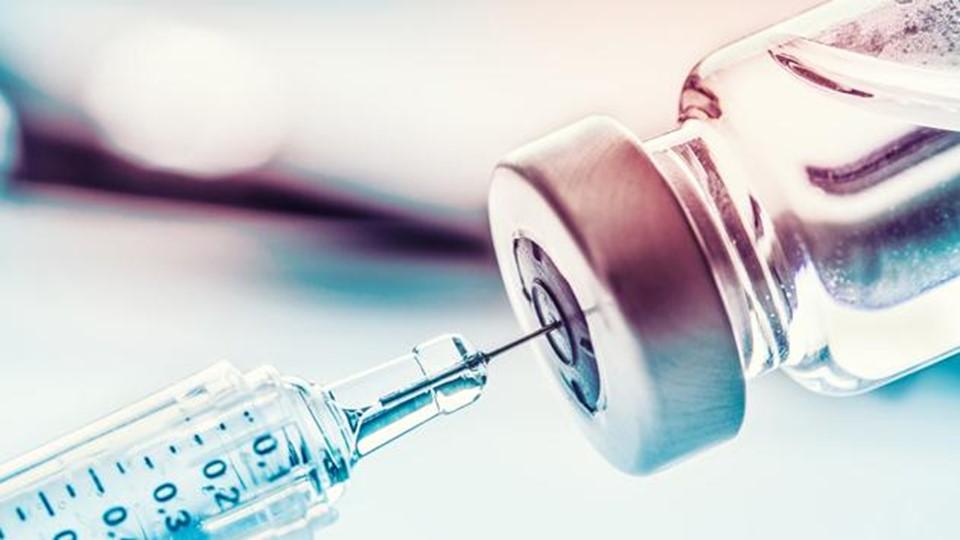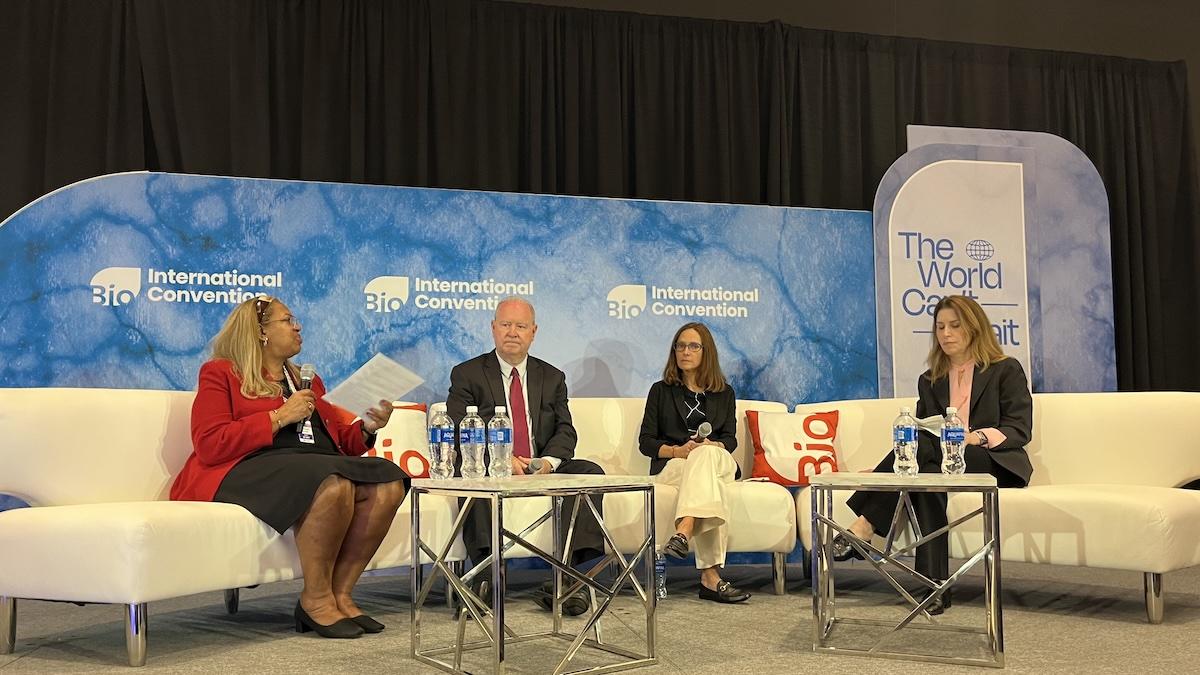UK may add chickenpox to routine child vaccinations

Scientific advisors in the UK have recommended that all children should be given two doses of varicella (chickenpox) vaccine, saying fears that doing so could lead to more serious cases of the infection for older people have been allayed.
The Joint Committee on Vaccination and Immunisation (JCVI) says children should receive a varicella shot combined with the usual measles-mumps-rubella (MMR) vaccine, at 12 and 18 months, but it will be up to the government to decide whether the programme will be funded.
The panel has also backed a catch-up immunisation campaign for older children “to prevent a gap in immunity.” The combined MMRV vaccine cleared for use in the UK is MSD’s ProQuad.
If implemented, the recommendation will bring the UK into line with many other developed countries around the world which have been vaccinating young children against chickenpox for many years.
At the moment, parents wishing to vaccinate their children against the infection have to pay for a private prescription, typically costing around £200 (around $250) per course.
The news was welcomed by Prof Helen Bedford of Great Ormond Street Institute of Child Health (GOS ICH) and University College London (UCL), who pointed out that while chickenpox is usually a mild infection – causing an itchy rash and fever – it can result in serious complications such as bacterial skin infections, pneumonia and inflammation of the brain.
“Providing our children with this additional vaccine would be a welcome addition to the highly successful UK vaccination programme,” she said.
At its last review in 2009, the fear among JCVI experts was that vaccination would result in an increase in shingles cases, caused by the same virus, in middle-aged adults who are not old enough to be vaccinated directly against shingles with GSK’s Shingrix jab. This age group has to rely on exposure to circulating varicella to maintain immunity.
Those fears have not been borne out by the experience of other countries, however, according to the JCVI, which made its new recommendation based on disease burden data, real-world experience and cost-effectiveness modelling. There are also plans to expand the rollout of shingles vaccination more widely to everyone aged 60 and over in the next 10 years.
HPV vaccination to be boosted
Meanwhile, NHS England has said it plans to ramp up vaccination against human papillomavirus (HPV) as well as screening programmes in order to eliminate cervical cancer by 2040.
The drive will draw on lessons learnt from COVID-19, with pop-up vaccination clinics in public locations like community centres and sports facilities to boost vaccination rates in some low-uptake areas. Access to appointments and vaccination history will be made easier via the NHS app, while self-sampling will be trialled to determine if it could be introduced as part of national screening.
At the moment, around 2,700 women a year in England are diagnosed with cervical cancer, according to NHS England. Figures suggest around 86% of girls and 81% of boys in England are currently getting the Gardasil 9 HPV vaccine manufactured by MSD.
“The HPV vaccination programme is incredibly successful and has already led to an 87% decrease in cervical cancer incidence in women in their 20s,” commented Martin Hunt, CEO of Jo’s Cervical Cancer Trust.
“It’s fantastic to see renewed efforts to make sure that everyone has the opportunity to receive the jab and reduce their risk of cervical cancer.”
Along with cervical cancer, HPV can also cause anal, genital, mouth, and head and neck cancers, as well as anogenital warts that can boost transmission rates and cause significant morbidity.
Globally, there has been a decline in HPV vaccine uptake in recent years, partly attributed to the COVID-19 pandemic, but also to other access issues, particularly in low- and middle-income countries.













